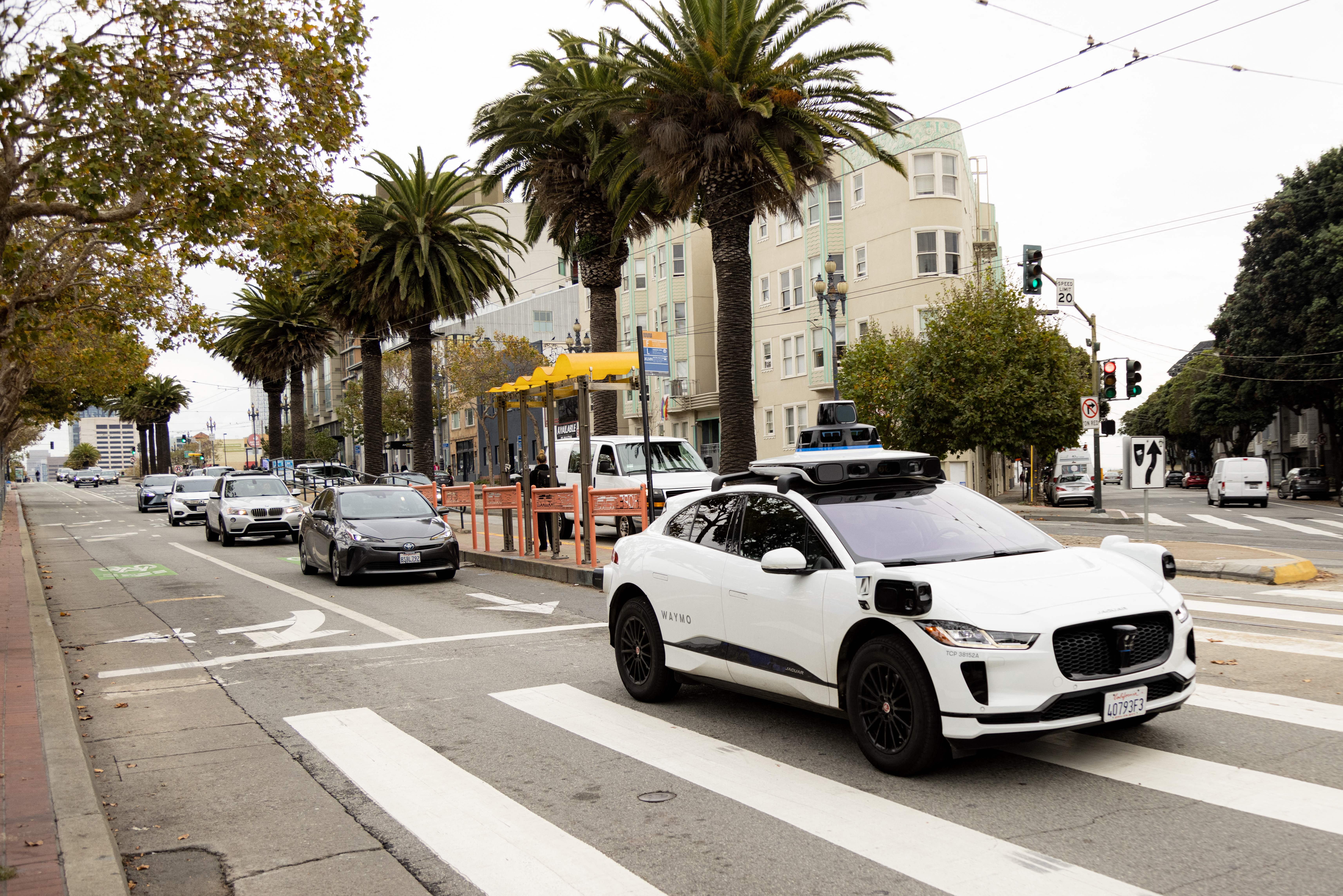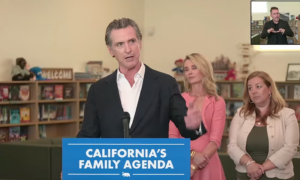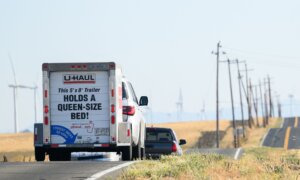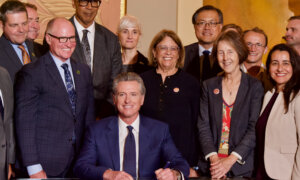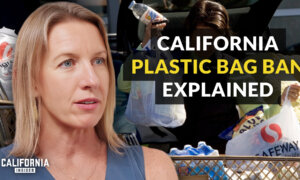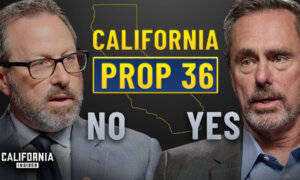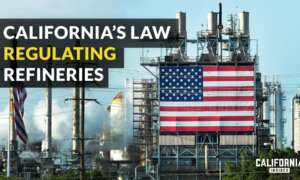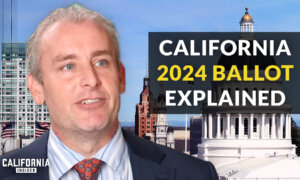Local governments in California would lose their chance to have a say in how autonomous vehicle (AV) companies operate in their communities after recent amendments to a bill by the Assembly Transportation Committee.
Senate Bill 915, authored by Sen. Dave Cortese, a San Jose-based Democrat, would have allowed such governments to regulate how, when, or where AVs can operate to address public safety concerns that have arisen since their recent launch.
But June 14 amendments by the Transportation Committee struck down much of the bill’s language empowering local governments, so Mr. Cortese shelved the bill three days later.
The Autonomous Vehicle Industry Association celebrated the move in a June 18 statement.
“We are encouraged that SB 915 will not move forward. Fortunately the Legislature understood the bill would have prevented safety and accessibility opportunities for millions of Californians,” said Jeff Farrah, the association’s chief executive officer.
Mr. Cortese didn’t immediately return a request for comment on why the bill was shelved, but according to media reports, it was due to the amendments, and he plans to introduce a similar bill next year.
When he first announced the bill in January, he argued local governments should have a say in how their roads are used.
“City councils and county boards of supervisors adopt ordinances on any given week, nimbly and with local accountability. ... Under SB 915, the rules of the road will continue to be established and enforced by the people who live there,” he said in a statement.
In March, state regulators approved the application of the driverless car service Waymo to expand in parts of Los Angeles and San Francisco. The approval from the California Public Utilities Commission (PUC) came despite pushback from Los Angeles city and San Mateo County officials who said Waymo barely spoke with them about its plans.
“To date, local jurisdictions like Los Angeles have had little to no input in [AV] deployment and are already seeing significant harm and disruption,” Mayor Karen Bass said in a November 2023 letter to the PUC before Waymo received final approval.
According to Mr. Cortese, the state opened testing of the vehicles without addressing local jurisdictions’ safety concerns and law enforcement’s ability to ticket the vehicles for moving violations.
In response, SB 915 aimed to offer local governments the option to approve the permitting of AVs in their area, govern the fares on robotaxis and the number of them on the road, and authorize local police to make the vehicle companies abide by traffic laws.
But the June amendments struck down all such requirements, which lawmakers said would impose “unnecessary local control” over the industry.
The proposed bill was similar to existing law that enables local governments to regulate taxis. Such regulations could have allowed local restrictions of AV services in pedestrian-concentrated areas such as schools and mandated regular inspections of AVs.
Recent incidents that concerned lawmakers and local leaders include the California Department of Motor Vehicles in March suspending the company Cruise’s deployment and testing of AVs after a “severe accident” involving a Cruise car and a pedestrian, according to Mr. Cortese’s office in the same January announcement.
In February, Waymo announced a recall of its robotaxi software after two of its vehicles crashed into the same truck minutes apart in Arizona in December 2023, according to media reports.
Also in February, one of Waymo’s driverless vehicles was attacked by a mob and destroyed in San Francisco’s Chinatown, with fireworks lit inside and graffiti tagged on the vehicle before it caught fire.
Despite concerns about the state’s regulation of the industry, lawmakers on the Transportation Committee said giving up control to local governments isn’t the solution.
“There are legitimate concerns about the DMV and CPUC’s regulation of AVs. However, the solution to that issue is not to abandon state regulation in favor of local regulation,” they said.
In the same statement, Mr. Farrah emphasized that despite the bill’s demise, the AV industry is committed to working with local governments.
“Cities are critical partners for AV companies, and the AV industry remains committed to fostering close and collaborative relationships with city officials and local law enforcement to ensure the technology’s benefits become a reality,” he said.
